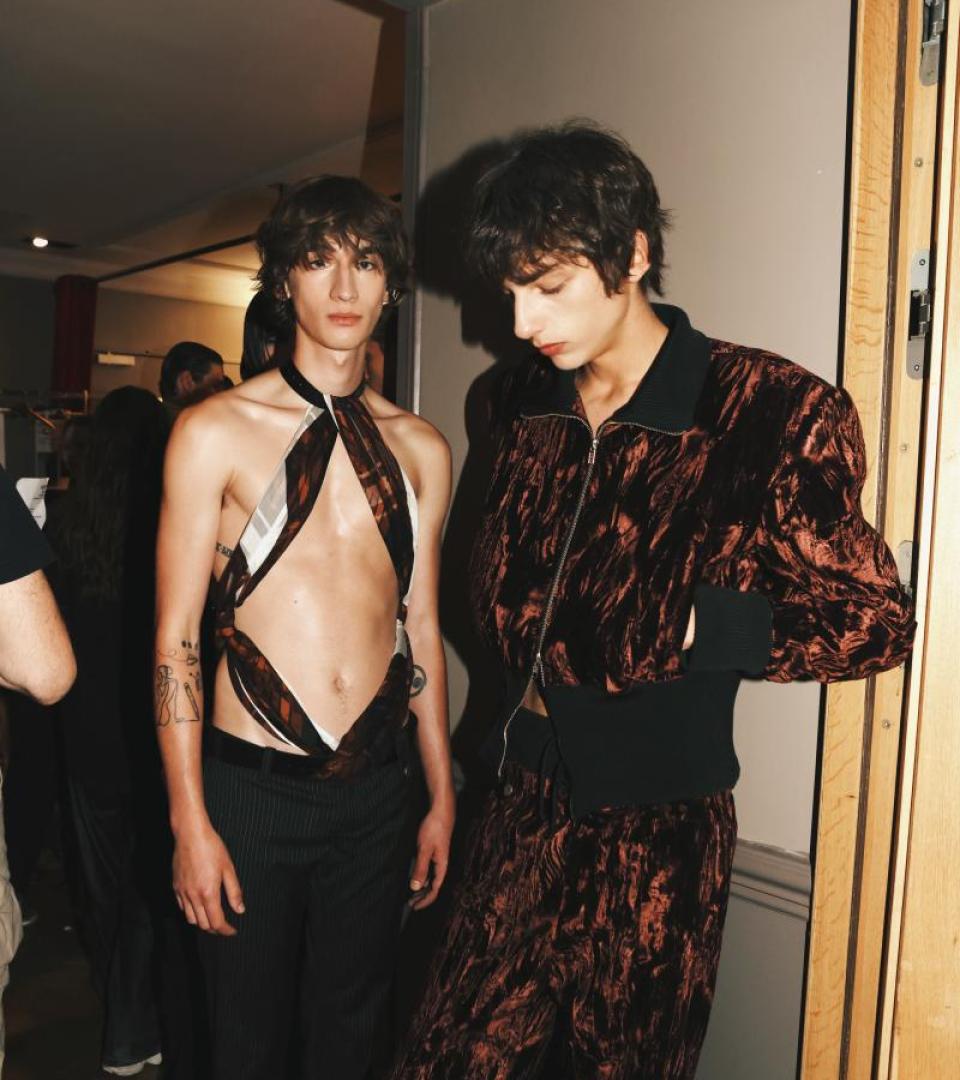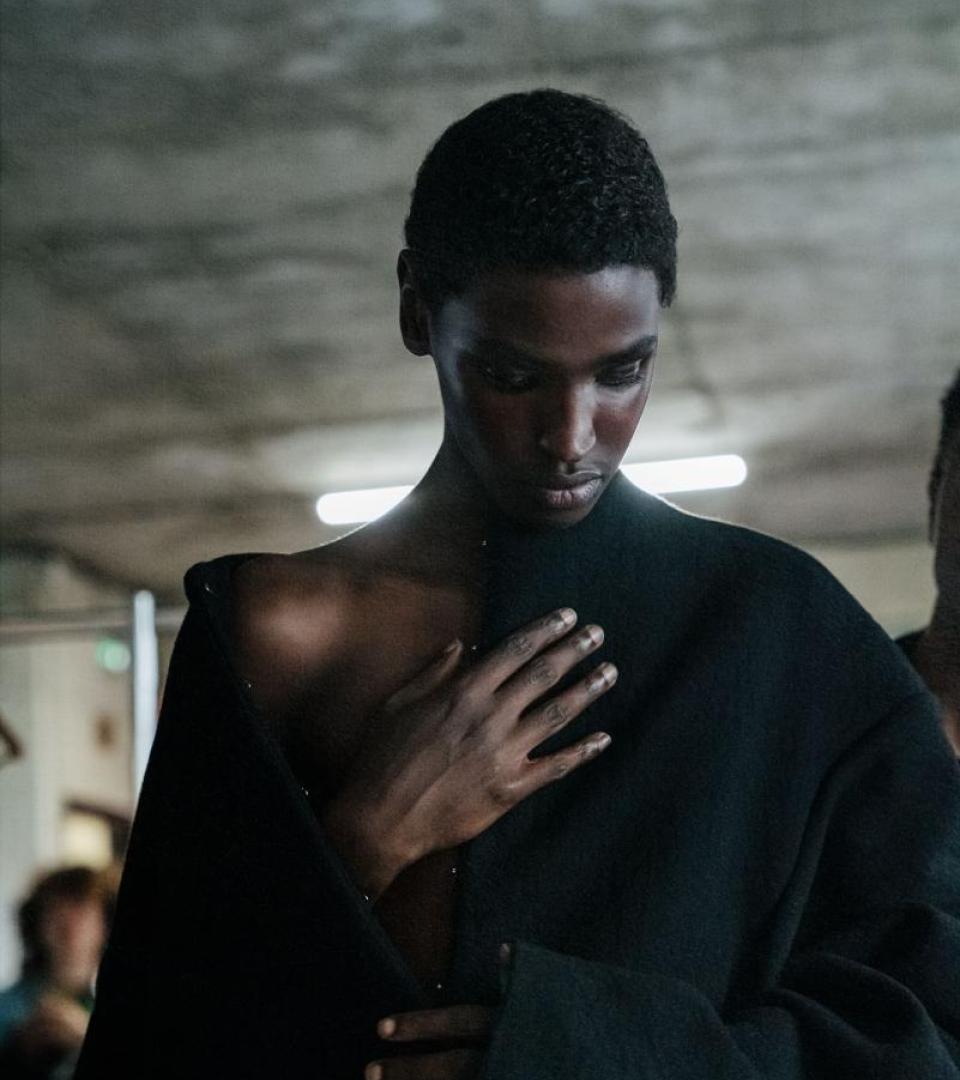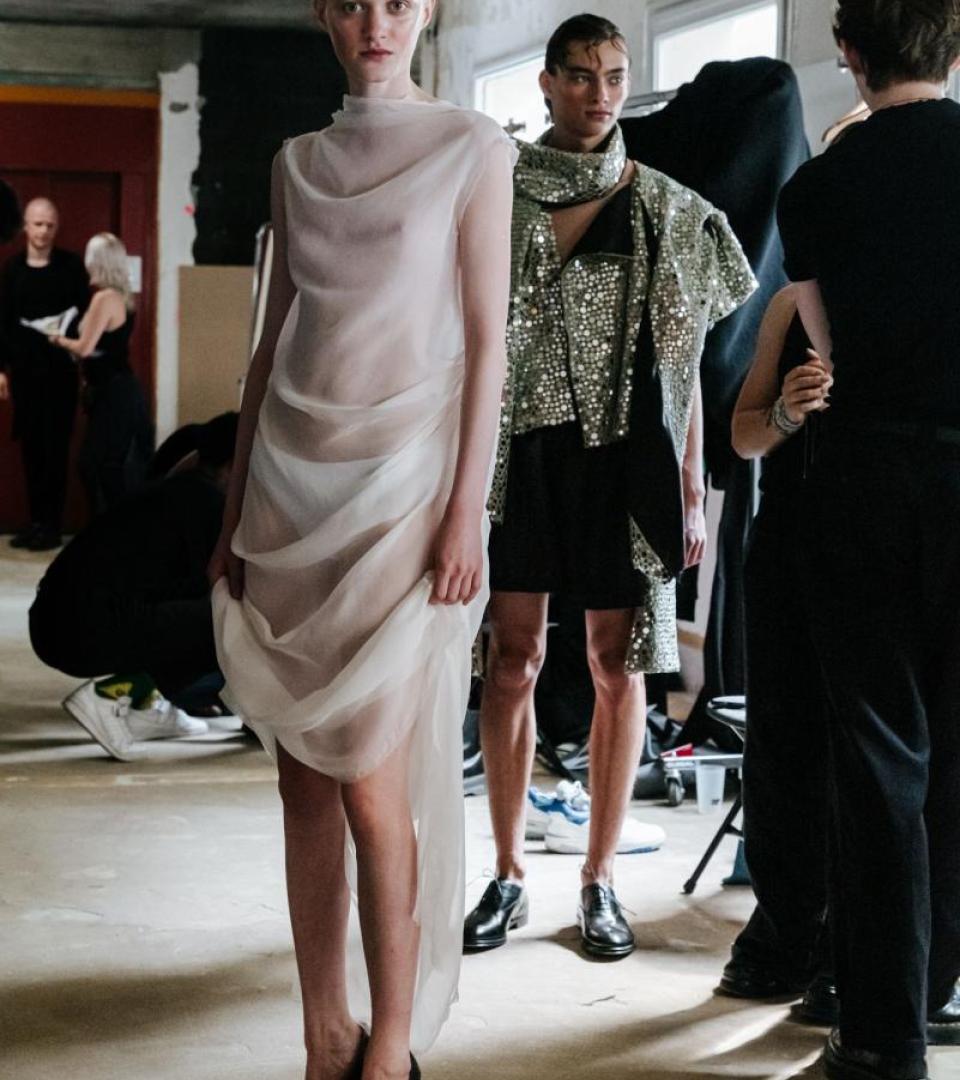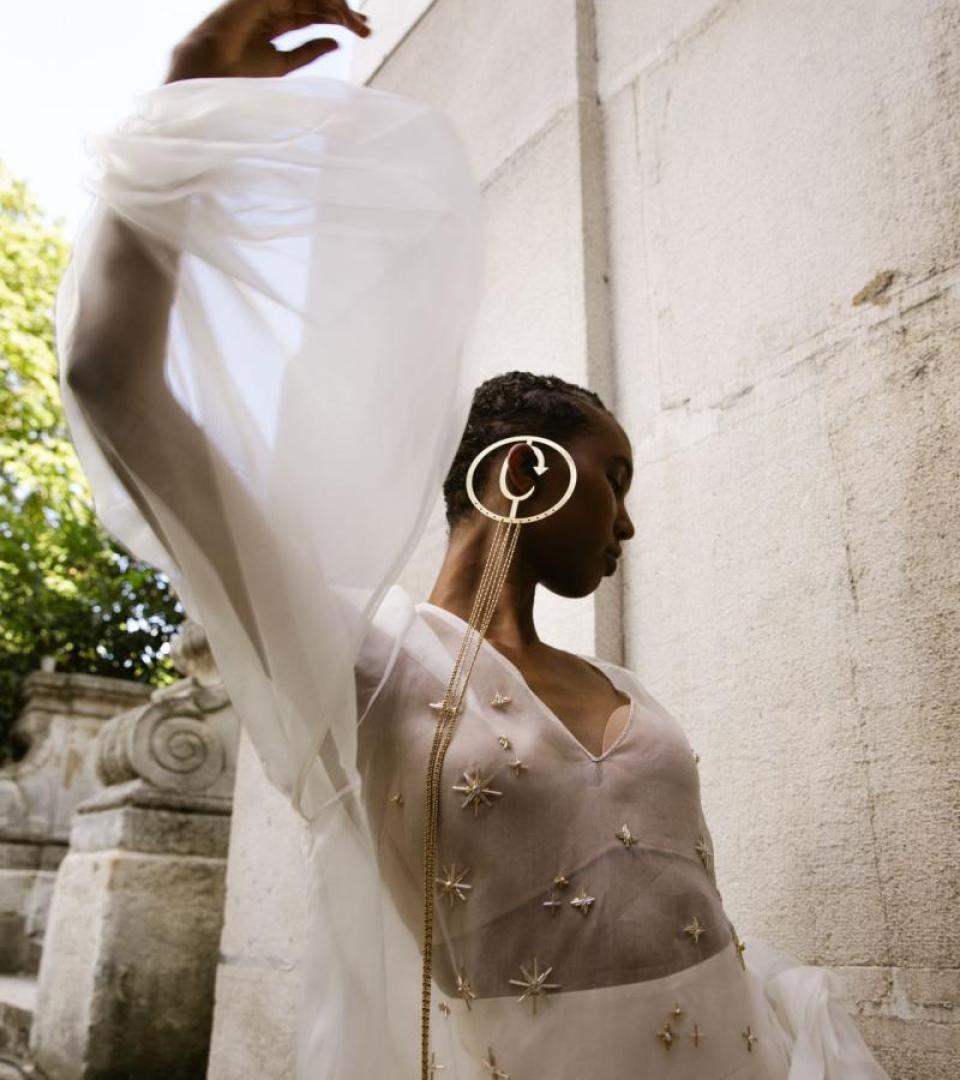A Conversation with Yusuke Takahashi (CFCL)
Conceived in 2020 by longtime Miyake menswear designer Yusuke Takahashi, CFCL has established a clear identity and brand purpose in a short time. Based in Tokyo, CFCL stands for Clothing For Contemporary Life, which Takahashi upholds through simplicity, modesty and responsibility. Amidst these timeless values, technology plays an essential role in garment innovation – one example being the 3D, computer-developed knitwear using certified, sustainable polyester yarns.
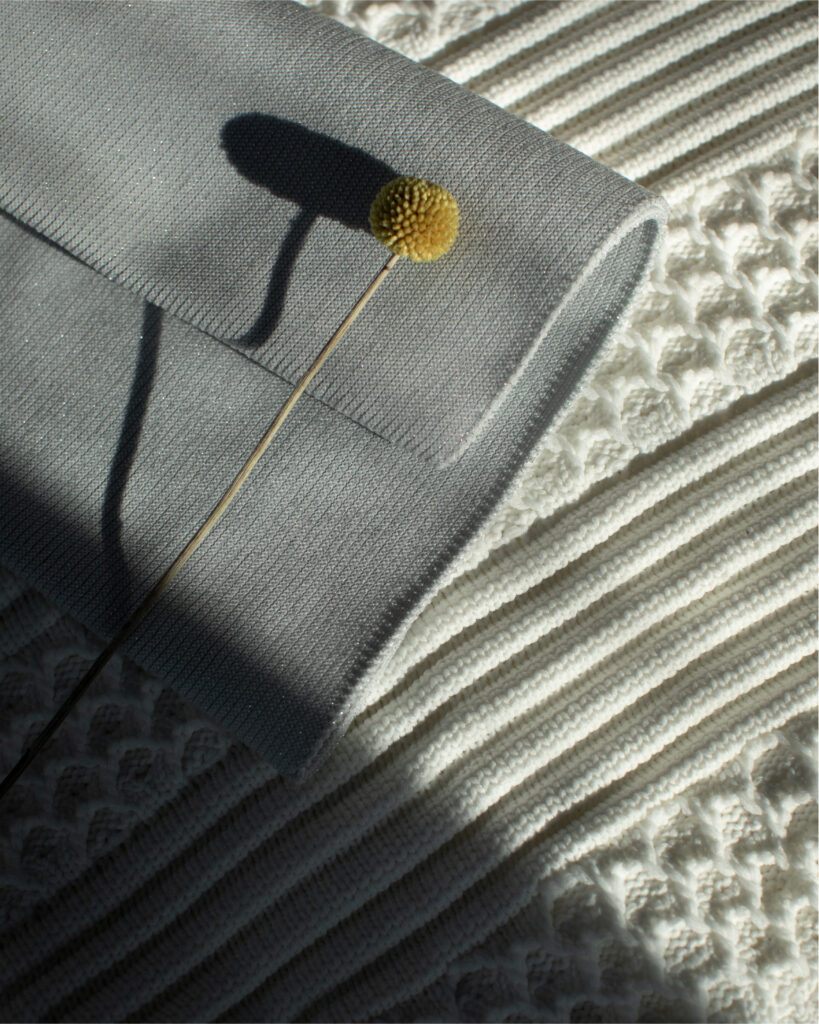
What, in your mind, has been the most significant change in fashion from two years ago?
I established CFCL as a company in February 2020 and launched it in February 2021. I thought about the meaning of creating a clothing brand at a time when there is so much clothing being thrown away in the world. I concluded that the result of many people’s indifference to clothes is the cause of the overflow of meaningless (and negative) consumption. Although it may not be the case yet, more and more people are slowly recognising what we wear can be a tool to communicate our attitude to society. For example, carrying a tumbler and not using a plastic straw, not eating meat, and not wearing leather, researching the background of the production and the philosophy of the company, there is no doubt that the accumulation of small individual attitudes will eventually lead to big changes. I am aware that this is just the beginning.
To what extent do you think fashion is about proposing and/or selling dreams?
Of all the industries, I think fashion has the potential to be outstanding in offering hopes and dreams. This is because the number of people who are interested in fashion is the largest, and as an industry, it has a broad base. If you respond to the demands of the times and propose products with a unique worldview and a clear social message, even if the scale is not large, society will accept you more than in other industries. In the first year since its launch, CFCL has had (extensive) media coverage. We have also had the opportunity to discuss the national policy direction in fashion with government ministers and bureaucrats. During this year, I have realised that people are watching the impact of fashion and expecting dream proposals. I hope that, with the help of Paris Fashion Week, I will be able to send out a more global social message and propose dreams and hopes.
How might this have this have a positive effect on people?
Fashion has a long history of playing a major role in showing the superiority of one’s social status. As the meaning of luxury changes drastically, fashion will be able to steer and guide the crowd – those who are not conscious about the role of fashion – in the right direction. I recognise that this is also the responsibility of Paris Fashion Week and the brands participating in it.
What is one trend or item of clothing that will define the coming year?
We are aware that the era of pursuing newness only in terms of appearance is coming to an end, and many countries are promoting specific policies toward the SDGs (Sustainable Development Goals). Many countries are working on specific policies toward SDGs, such as publishing LCAs (Life Cycle Assessment) for products and setting reduction targets, building a circular economy through repair and recycling, and transparency in production background and pricing. In other words, this is the time when even a white T-shirt can be a new proposal.
What would be your fashion dream-come-true?
Fashion is one of the tools that support people’s lives. As someone who works in the fashion industry, I would like to do the best I can so that as many people as possible in the world can live healthy lives and not be depressed about the present or the future. It’s not easy, but it is my dream to spend my life showing the power and hope of fashion to my children’s generation.
This interview has been lightly edited for clarity.
